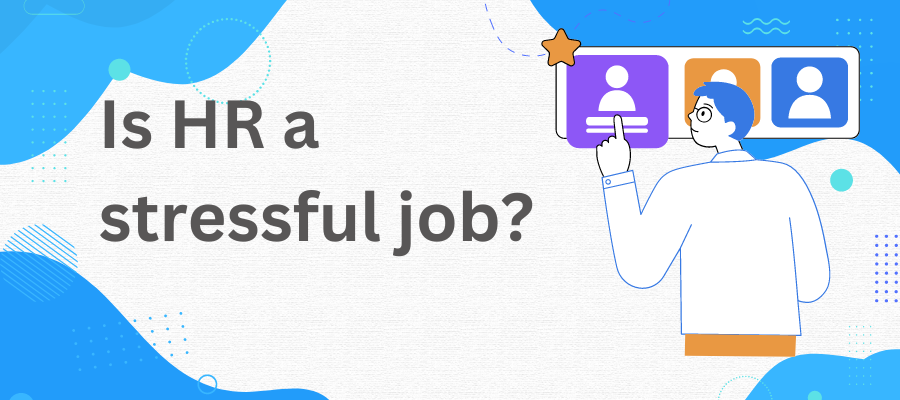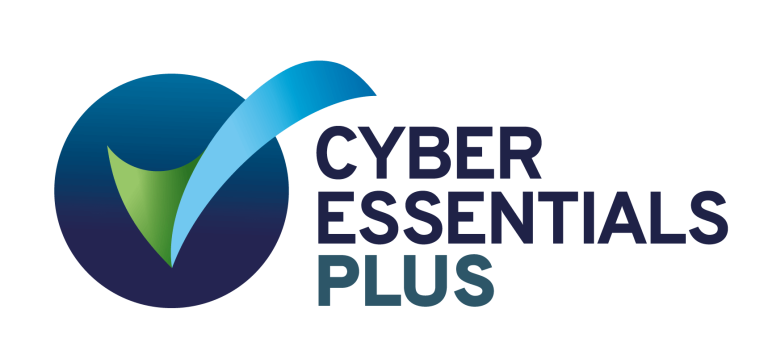Being part of the human resources (HR) field comes with a unique set of challenges and responsibilities. HR professionals play a crucial role in managing the workforce and supporting the growth of a company. However, with this vital role, comes a significant amount of stress. In this article, we will explore the various aspects of the HR profession and delve into the question, “Is HR a stressful job?”
Understanding the Role of HR
Before we delve into the stressors faced by HR professionals, it’s important to understand the key responsibilities they hold. HR professionals are responsible for the recruitment, training, and development of employees, as well as managing employee relations and ensuring compliance with company policies and regulations.
Key Responsibilities of HR Professionals
One of the primary roles of HR professionals is to handle the hiring process, from attracting suitable candidates to conducting interviews and assessing their qualifications. They are also responsible for implementing training programs to enhance employee skills and productivity.
Additionally, HR professionals play a critical role in resolving conflicts within the workplace and maintaining a positive work environment. They serve as a bridge between employees and management, addressing concerns and ensuring fairness in the workplace.
The Importance of HR in a Company
HR professionals are the backbone of any successful organisation. They ensure that the company’s employees are motivated, engaged, and working towards the company’s goals. By fostering a positive work culture, HR professionals contribute to higher employee satisfaction and retention.
Moreover, HR professionals handle sensitive employee information, such as payroll and benefits, ensuring confidentiality and compliance with regulations. Their expertise and knowledge in legal matters protect both the employees and the company.
Factors Contributing to Stress in HR
While the HR profession is rewarding, it also comes with its fair share of stressors. Let’s explore some of the factors that contribute to the stress experienced by HR professionals.
High Expectations and Accountability
HR professionals are expected to perform their duties with utmost professionalism and precision. They are accountable for hiring the right talent, resolving workplace conflicts, and managing employee performance. This high level of expectation can lead to immense pressure and stress.
The repercussions of making a wrong hire or mishandling a sensitive employee issue can have significant consequences for both the company and the HR professional themselves. This constant need for accuracy and attention to detail can be mentally and emotionally taxing.
Dealing with Difficult Situations and Conflicts
HR professionals often find themselves in the middle of conflicts between employees or between employees and management. Mediating these conflicts requires exceptional communication skills, emotional intelligence, and the ability to remain neutral.
Handling employee grievances, disciplinary actions, and terminations are challenging tasks that demand HR professionals to navigate sensitive situations delicately. This responsibility to address and resolve conflicts can have a significant impact on their stress levels.
The Impact of Organizational Changes
Companies are constantly evolving, adapting to market trends and changes in business strategies. During periods of organisational change, such as mergers, acquisitions, or restructuring, HR professionals are at the forefront of managing the transitions.
Ensuring smooth change management, communicating effectively with employees, and dealing with potential job losses or role changes can create immense stress and uncertainty for HR professionals. They must support both the company’s objectives and the well-being of the employees impacted by these changes.
The Stress Impact on HR Professionals
Now that we’ve explored the factors contributing to stress in the HR profession, let’s take a closer look at how this stress impacts HR professionals themselves.
Physical and Mental Health Effects
The constant pressure and demands placed on HR professionals can have detrimental effects on their physical and mental well-being. Stress-related illnesses, such as high blood pressure, insomnia, and anxiety, are common among HR professionals.
Moreover, the nature of their work often requires them to handle sensitive and emotionally charged situations, taking a toll on their own emotional resilience and mental health. Burnout, characterised by emotional exhaustion, cynicism, and decreased productivity, is a prevalent concern among HR professionals.
Burnout in HR Professionals
Burnout is a state of chronic physical and emotional exhaustion resulting from excessive and prolonged stress. The demanding nature of the HR profession, coupled with the responsibility to support employees and maintain organizational effectiveness, makes HR professionals susceptible to burnout.
Feeling overwhelmed, lacking control over their workload, and experiencing emotional exhaustion are warning signs of burnout in HR professionals. It is crucial for them to recognize these signs and prioritize self-care and stress management strategies to prevent burnout.
Coping Mechanisms and Stress Management for HR
Although the HR profession can be stressful, there are various coping mechanisms and stress management techniques that HR professionals can employ to mitigate the negative impact of stress.
Importance of Work-Life Balance
Efforts to maintain a healthy work-life balance are crucial in reducing stress levels. HR professionals should establish clear boundaries between work and personal life, ensuring they have time for relaxation, hobbies, and spending quality time with loved ones.
By prioritising self-care, HR professionals can recharge and maintain their overall well-being, enhancing their ability to handle workplace challenges effectively.
Stress Management Techniques for HR Professionals
Implementing stress management techniques can significantly improve the well-being of HR professionals. These techniques include practicing mindfulness, engaging in regular physical exercise, and seeking support from colleagues or external mentors.
Additionally, developing effective time management skills, prioritising tasks, and delegating when necessary can help HR professionals in managing their workload and reducing stress levels.
Resources and Support for HR Professionals
It is essential for HR professionals to seek support and resources to navigate the challenges they face. Attending industry conferences and workshops, networking with peers, and joining professional HR associations can provide valuable insights, tools, and a support network.
Furthermore, seeking guidance from mentors or engaging in coaching sessions can contribute to personal and professional growth, enabling HR professionals to manage stress more effectively.
The Positive Aspects of a Career in HR
Despite the stressors associated with the HR profession, there are numerous positive aspects that attract individuals to pursue a career in HR.
The Rewarding Nature of HR Work
HR professionals have the opportunity to positively impact employees’ lives and contribute to the success of a company. Playing a role in hiring talented individuals, nurturing their growth, and ensuring a fair and inclusive work environment can be highly rewarding.
The satisfaction of seeing employees flourish, facilitating employee development programs, and fostering teamwork makes the HR profession fulfilling and meaningful.
Opportunities for Growth and Development in HR
The field of HR offers significant opportunities for personal and professional growth. HR professionals have the chance to continually expand their knowledge in areas such as talent management, employee engagement, and leadership development.
Moreover, as companies increasingly recognise the value of HR in driving business success, HR professionals can take on strategic roles within organisations, becoming key influencers in shaping company culture and driving organisational change.
In conclusion, while the HR profession undoubtedly carries a significant amount of stress, it is crucial to recognise the value and importance of HR professionals in the success of a company. By understanding the role of HR, acknowledging the stress factors they face, and implementing effective stress management strategies, HR professionals can navigate their careers while ensuring their well-being. Despite the challenges, the rewards, growth opportunities, and the ability to make a positive impact on employees and organisations make the HR profession an engaging and valuable choice.
See the quick demo now
Before we show you the quick demo, we need to make sure you are a real person.




